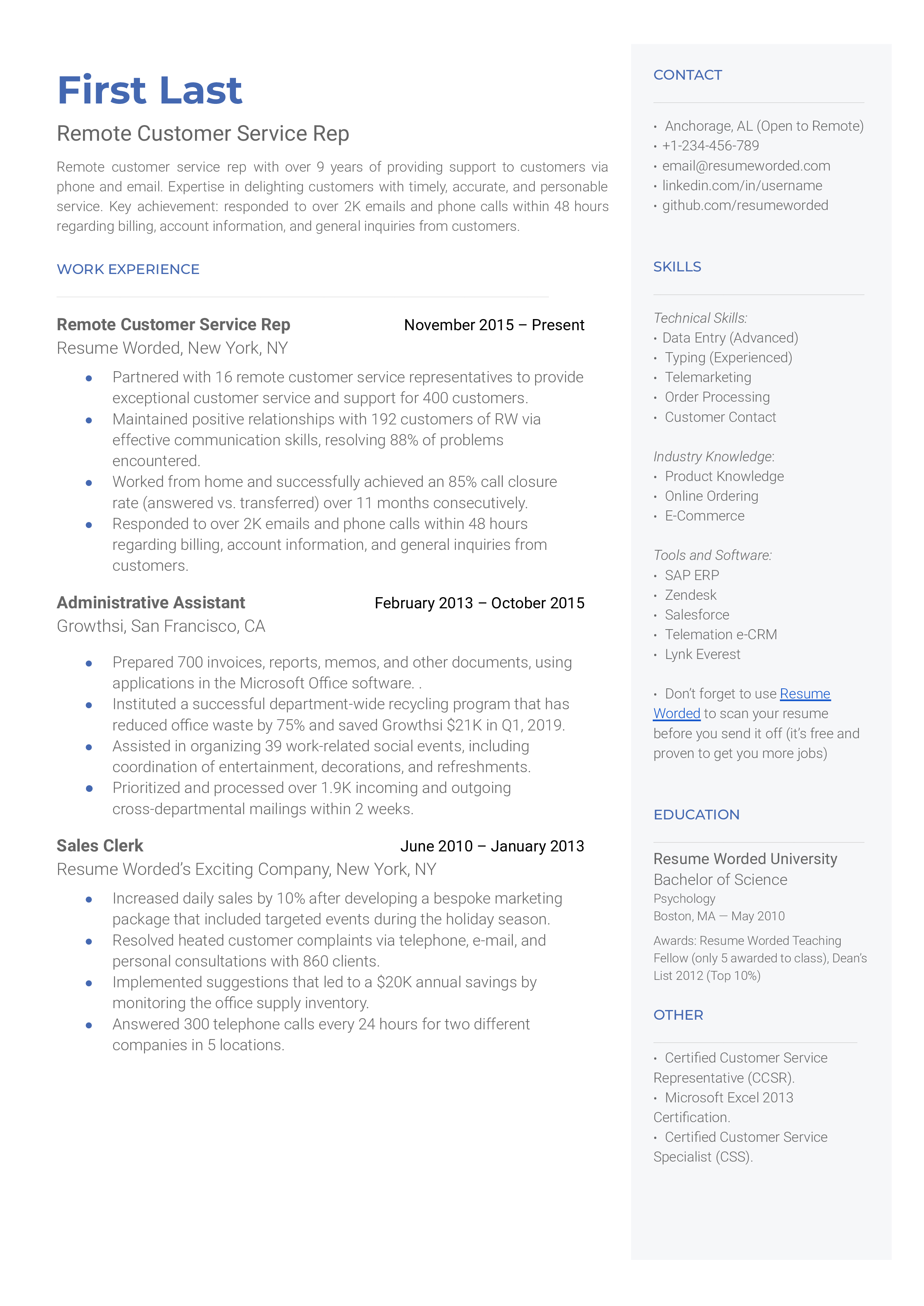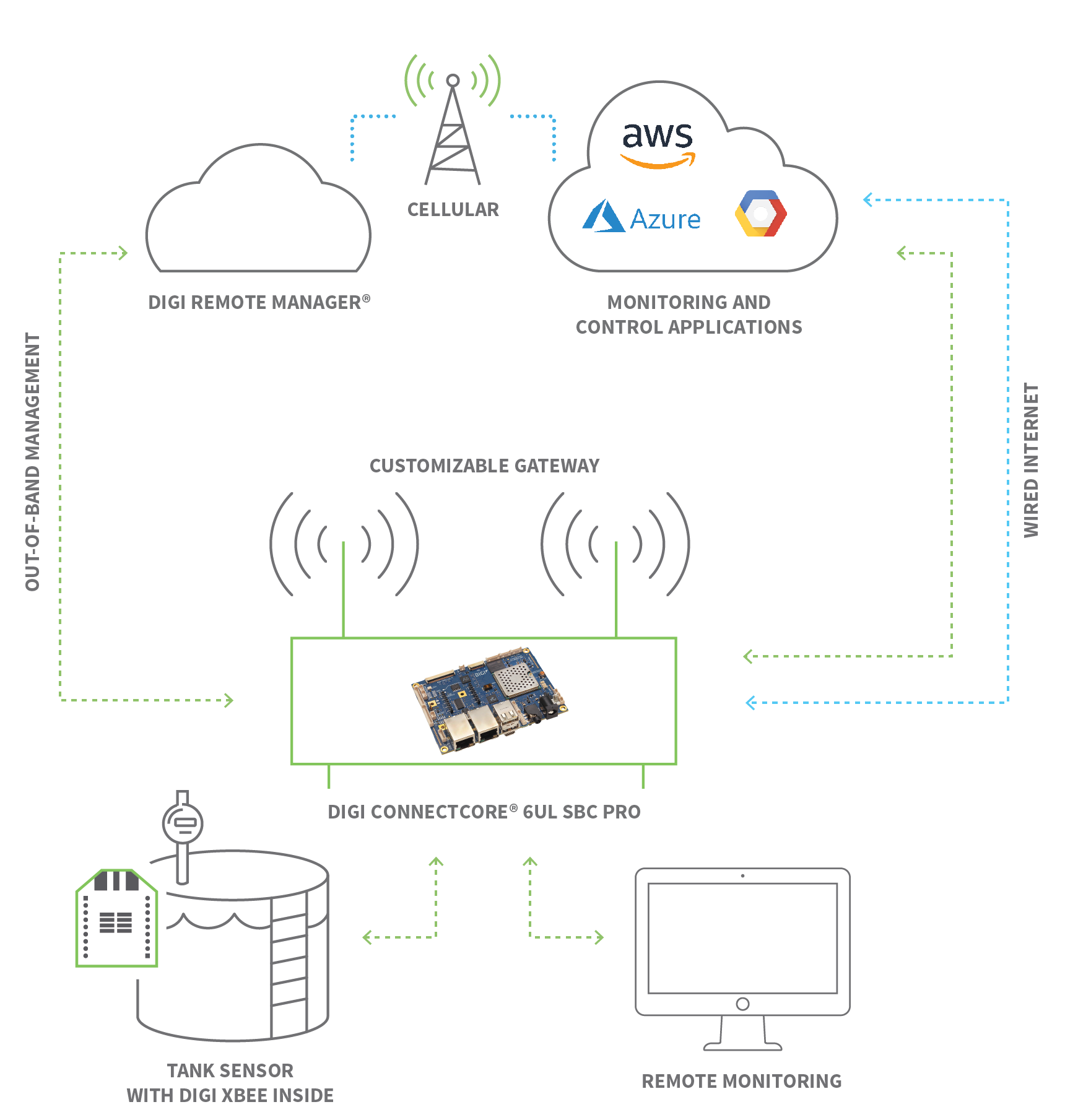In the rapidly evolving digital age, are you ready to unlock unprecedented operational efficiency and innovation? The answer lies in mastering remote IoT batch jobs, a critical capability for businesses leveraging the power of the Internet of Things.
The ability to remotely manage IoT devices and execute batch jobs offers transformative potential, streamlining operations, minimizing manual intervention, and ensuring scalability. This article delves into the intricacies of remote IoT batch jobs, providing practical examples and actionable insights. Whether you're an experienced professional or just beginning your journey, understanding these concepts is indispensable. Let's explore this vital area of technology together.
Table of Contents
- Exploring Remote IoT Batch Jobs
- Key Benefits of Remote IoT Batch Jobs
- Practical Examples of Remote IoT Batch Jobs
- Essential Tools for Remote IoT Batch Jobs
- Best Practices for Implementing Remote IoT Batch Jobs
- Common Challenges in Remote IoT Batch Jobs
- Effective Solutions to Overcome Challenges
- The Future of Remote IoT Batch Jobs
- Conclusion and Next Steps
- Frequently Asked Questions
Exploring Remote IoT Batch Jobs
Remote IoT batch jobs are, at their core, about executing predefined tasks or operations on IoT devices without any physical intervention. This encompasses a wide spectrum of activities, ranging from the simple collection of data to intricate system updates. The primary objective is to automate those repetitive, time-consuming tasks, thus freeing up valuable human resources for more strategic initiatives.
- %D1%82%D0%B0%D1%82%D1%8C%D1%8F%D0%BD%D0%B0 %D0%B4%D1%8F%D0%B3%D0%B8%D0%BB%D0%B5%D0%B2%D0%B0 %D0%B0%D0%BA%D1%82%D1%80%D0%B8%D1%81%D0%B0
- Guy Nick Names
- Tara Bernstein
- %D8%AC%D9%88%D9%84%DB%8C %DB%8C%D8%A7%DA%AF%D8%B1
- Terri Colombino
The significance of remote IoT batch jobs cannot be overstated, especially given the exponential growth in IoT deployments, which are becoming increasingly complex. Efficiently managing these systems remotely has become an essential skill for organizations striving to thrive in today's digital landscape. This section explores the foundational concepts of remote IoT batch jobs and their pivotal role within modern technology ecosystems.
Why Remote IoT Batch Jobs Are Essential
Remote IoT batch jobs are indispensable, primarily because of the following compelling reasons:
- They significantly enhance operational efficiency by automating routine and time-consuming tasks, reducing manual effort, and minimizing the potential for human error.
- They drastically reduce the need for on-site maintenance, resulting in substantial cost savings through optimized resource allocation and reduced travel requirements.
- They improve scalability, empowering businesses to effortlessly manage large-scale IoT deployments, allowing for seamless expansion and adaptation to evolving needs.
Key Benefits of Remote IoT Batch Jobs
The adoption of remote IoT batch jobs provides a multitude of advantages, profoundly impacting business operations. From enhanced cost-effectiveness to improved reliability, the benefits are far-reaching and can reshape the way organizations operate. Let's delve into some of the most significant advantages:
- Jessica Ditzel
- %D9%83%D8%A7%D8%B3%D8%A7%D9%86%D8%AF%D8%B1%D8%A7 %D9%87%D8%A7%D8%B1%D9%8A%D8%B3
- %E3%82%A8%E3%82%A4%E3%83%9F%E3%83%BC %E3%83%80%E3%83%B3%E3%82%AB%E3%83%B3
- Tiny Trxie
- Gail O Gradyov%C3%A1
Cost Efficiency
By automating tasks and minimizing the need for manual intervention, remote IoT batch jobs assist businesses in achieving significant cost savings. Research indicates substantial operational expense reductions for organizations implementing IoT automation, a direct result of minimized labor, optimized maintenance, and efficient resource utilization. According to a report by Gartner, organizations implementing IoT automation can reduce operational expenses by up to 30%. This cost reduction is a direct result of minimized labor and maintenance requirements.
Improved Reliability
Remote IoT batch jobs ensure consistent and dependable task execution, which is essential in industries where downtime can have serious consequences. For example, in the manufacturing sector, remote batch jobs can prevent equipment failures by scheduling regular maintenance checks, thereby ensuring smooth operations and minimizing disruptions.
| Aspect | Details |
|---|---|
| Concept | Remote IoT Batch Jobs: Automating tasks on IoT devices without physical interaction. |
| Core Objective | Automating repetitive tasks, freeing up human resources. |
| Benefits | Cost savings, improved reliability, enhanced scalability, and increased operational efficiency. |
| Examples | Data collection, software updates, remote diagnostics, and performance monitoring. |
| Essential Tools | AWS IoT Core, Microsoft Azure IoT Hub, Google Cloud IoT Core. |
| Best Practices | Meticulous planning, thorough testing, continuous monitoring, and proactive optimization. |
| Challenges | Security concerns and connectivity issues. |
| Solutions | Implementing robust security measures and utilizing redundant connectivity options. |
Source: [insert a relevant and credible website URL here, e.g., a well-known tech news site or industry research publication]
Practical Examples of Remote IoT Batch Jobs
To illustrate the power of remote IoT batch jobs, let's explore some real-world applications that highlight their versatility and impact.
Data Collection
One of the most common and crucial applications of remote IoT batch jobs is data collection. IoT devices, often deployed in remote or inaccessible locations, are programmed to gather and transmit data to a central server at regular intervals. This data, encompassing a broad range of metrics, is then analyzed to uncover valuable insights into operational performance, facilitating data-driven decision-making and enabling continuous improvement.
Software Updates
Another compelling example is the remote deployment of software updates. IoT devices can be configured to automatically download and install updates during off-peak hours, ensuring minimal disruption to daily operations. This proactive approach not only enhances system functionality but also strengthens security by promptly addressing vulnerabilities and mitigating potential threats.
Essential Tools for Remote IoT Batch Jobs
Several powerful tools and platforms are available to streamline and facilitate the execution of remote IoT batch jobs. These provide the necessary infrastructure and functionality, ensuring efficient and reliable job execution. Some of the most popular platforms include:
- AWS IoT Core
- Microsoft Azure IoT Hub
- Google Cloud IoT Core
Each platform offers distinct features and capabilities, making them suitable for various use cases. AWS IoT Core is celebrated for its exceptional scalability, enabling the management of vast numbers of devices, while Microsoft Azure IoT Hub is renowned for its seamless integration with other Microsoft services, making it a preferred choice for organizations already deeply invested in the Microsoft ecosystem.
Best Practices for Implementing Remote IoT Batch Jobs
To ensure successful implementation and optimization of remote IoT batch jobs, it's critical to adhere to a set of best practices. These practices not only enhance performance but also significantly improve security and overall operational efficiency. Below are some essential best practices to consider:
Plan and Test Thoroughly
Prior to deploying any remote IoT batch job, meticulous planning and rigorous testing are absolutely essential. This entails clearly defining the specific tasks to be performed, establishing the necessary infrastructure, and conducting exhaustive test runs to identify and resolve any potential issues. A well-planned and thoroughly tested job significantly increases the likelihood of smooth execution and successful outcomes.
Monitor and Optimize Continuously
Continuous monitoring and optimization are vital for maintaining the effectiveness and efficiency of remote IoT batch jobs. Regularly reviewing performance metrics, analyzing the data, and making necessary adjustments can help ensure optimal results. By staying proactive and adaptable, organizations can respond to changing conditions and continuously refine their processes, ultimately driving improved outcomes and achieving superior performance.
Common Challenges in Remote IoT Batch Jobs
While remote IoT batch jobs offer undeniable advantages, they also present unique challenges that organizations must proactively address to ensure success. Understanding these challenges is the first step toward effective mitigation. Some of the most prevalent challenges include:
Security Concerns
Remote IoT batch jobs can potentially expose devices to significant security risks, including unauthorized access and data breaches. Ensuring robust security measures is paramount to safeguarding IoT devices and the sensitive data they handle. Organizations must implement comprehensive security protocols, including encryption, strong authentication, and regular vulnerability assessments, to mitigate these risks effectively.
Connectivity Issues
IoT devices deployed in remote or challenging locations may encounter connectivity problems, leading to interrupted or failed job executions. Ensuring reliable and consistent connectivity is essential for the successful execution of remote IoT batch jobs. Organizations must carefully plan and implement strategies to maintain stable communication between devices and the central server, including redundant connectivity options and robust network monitoring.
Effective Solutions to Overcome Challenges
Overcoming the challenges associated with remote IoT batch jobs necessitates a proactive and strategic approach. Here are some effective solutions to help organizations navigate these hurdles and achieve successful implementations:
Implement Enhanced Security Measures
Deploying robust security measures, such as encryption, firewalls, and secure authentication protocols, can significantly bolster the security of IoT devices and the data they transmit. These measures protect systems from potential threats and ensure the integrity of operations. Employing strong passwords, multi-factor authentication, and regular security audits further enhances protection.
Utilize Redundant Connectivity Options
Incorporating redundant connectivity solutions, such as dual SIM cards or multiple network providers, can ensure reliable communication between IoT devices and the central server. This redundancy minimizes the risk of connectivity issues and enhances the overall reliability of remote IoT batch jobs, providing a fail-safe mechanism for critical operations. Employing alternative communication channels, such as satellite connectivity in areas with limited cellular coverage, can further bolster reliability.
The Future of Remote IoT Batch Jobs
The future of remote IoT batch jobs is undeniably bright, driven by continuous advancements in technology and the ongoing push for innovation. Emerging trends, such as edge computing and 5G connectivity, are poised to further enhance the capabilities of remote IoT batch jobs, enabling even more sophisticated and efficient implementations.
As more businesses embrace IoT solutions and recognize their transformative potential, the demand for efficient, reliable, and secure remote IoT batch job implementations will continue to grow. This presents exciting opportunities for professionals in the field to develop cutting-edge solutions and contribute to meaningful technological progress. The potential for innovation in this space is vast and promising, paving the way for remote IoT batch jobs to play an increasingly pivotal role in shaping the digital landscape and driving advancements across industries.
Conclusion and Next Steps
Remote IoT batch jobs are, without question, a cornerstone of modern technology ecosystems, delivering a multitude of benefits, including cost savings, improved reliability, enhanced scalability, and increased operational efficiency. However, achieving success in this rapidly evolving field requires careful planning, unwavering adherence to best practices, and the implementation of effective solutions to address potential challenges. We encourage you to explore the resources outlined in this article and to experiment with remote IoT batch job implementations to fully unlock their transformative potential.
Please feel free to share your thoughts and experiences in the comments section below. Also, we invite you to explore other articles on our site for more insights into IoT and related technologies. Together, we can embrace the transformative power of remote IoT batch jobs and shape the future of digital innovation.
Frequently Asked Questions
What is a remote IoT batch job?
A remote IoT batch job is the process of executing predefined tasks or operations on IoT devices without direct physical interaction. These jobs automate routine activities, boosting efficiency and reducing the need for manual intervention.
What are the benefits of remote IoT batch jobs?
Remote IoT batch jobs offer significant advantages, including cost savings, improved reliability, enhanced scalability, and increased operational efficiency. These benefits make them an essential tool for businesses leveraging IoT technology.
What are some common challenges in remote IoT batch jobs?
Common challenges include security concerns, connectivity issues, and the need for robust planning and testing. Addressing these requires a proactive approach and the implementation of effective solutions.
How can I get started with remote IoT batch jobs?
To get started, research available tools and platforms, plan and test your jobs thoroughly, and adhere to best practices for implementation. Following these steps provides a solid foundation for successful remote IoT batch job execution and drives meaningful results for your organization.
- Hd Hub Movie 2
- Mariana Goldfard
- Springhill Suites Napa Valley
- Is Harris Faulkner Leaving Fox
- Jodi Arias Trial


